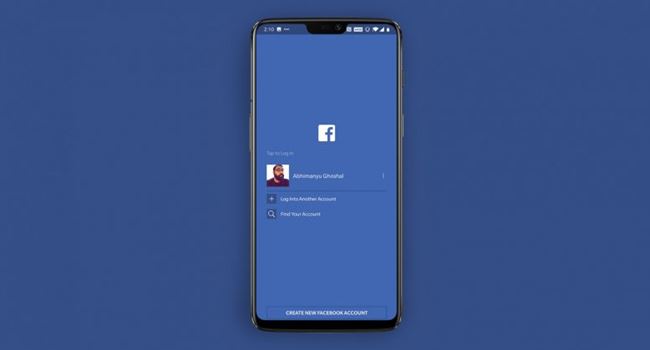News
Users can sue Facebook over facial recognition technology, US court rules

Facebook has lost its appeal that its facial recognition technology did not invade the privacy of its users located in Illinois, United States, leaving the company vulnerable to a class action moving forward.
The US Court of Appeals for the Ninth Circuit ruled on Thursday that Facebook’s tag suggestions feature, launched in 2010, caused “concrete injury-in-fact [that is] sufficient” enough for a trial to arise regarding the social network allegedly infringing upon privacy rights of Illinois users.
Tag suggestions allows Facebook to analyse whether a user’s Facebook friends are in a photo uploaded by the user. When a photo is uploaded, the technology scans the photo to detect if there are any geometric data points — such as the distance between the eyes, nose, and ears — that can be used to identify a person’s face.
The technology then compares the face signature to faces in Facebook’s database of user face templates to determine if there is a match.
The people who sued Facebook during the case’s initial proceedings accused the company of violating Illinois’ Biometric Information Privacy Act (BIPA Act), which requires private companies in possession of biometric information to develop a written policy made available to the public, in addition to having a retention schedule and guidelines for destroying the information when its purpose had been satisfied or within three years of the individual’s last interaction with company.
READ ALSO: AI discovers new breast cancer types
When Facebook rolled out the tag suggestions feature, it collected, used, and stored biometric identifiers without a written release, and failed to maintain a retention schedule or guidelines for destroying biometric identifiers.
The judge panel found the alleged privacy injuries arising from this are sufficient enough for the respondents to sue.
“Taking into account the future development of such technology … it seems likely that a face-mapped individual could be identified from a surveillance photo taken on the streets or in an office building. Or a biometric face template could be used to unlock the face recognition lock on that individual’s cell phone,” Judge Sandra Ikuta said.
“We conclude that the development of a face template using facial-recognition technology without consent (as alleged here) invades an individual’s private affairs and concrete interests.”
Join the conversation
Support Ripples Nigeria, hold up solutions journalism
Balanced, fearless journalism driven by data comes at huge financial costs.
As a media platform, we hold leadership accountable and will not trade the right to press freedom and free speech for a piece of cake.
If you like what we do, and are ready to uphold solutions journalism, kindly donate to the Ripples Nigeria cause.
Your support would help to ensure that citizens and institutions continue to have free access to credible and reliable information for societal development.






















